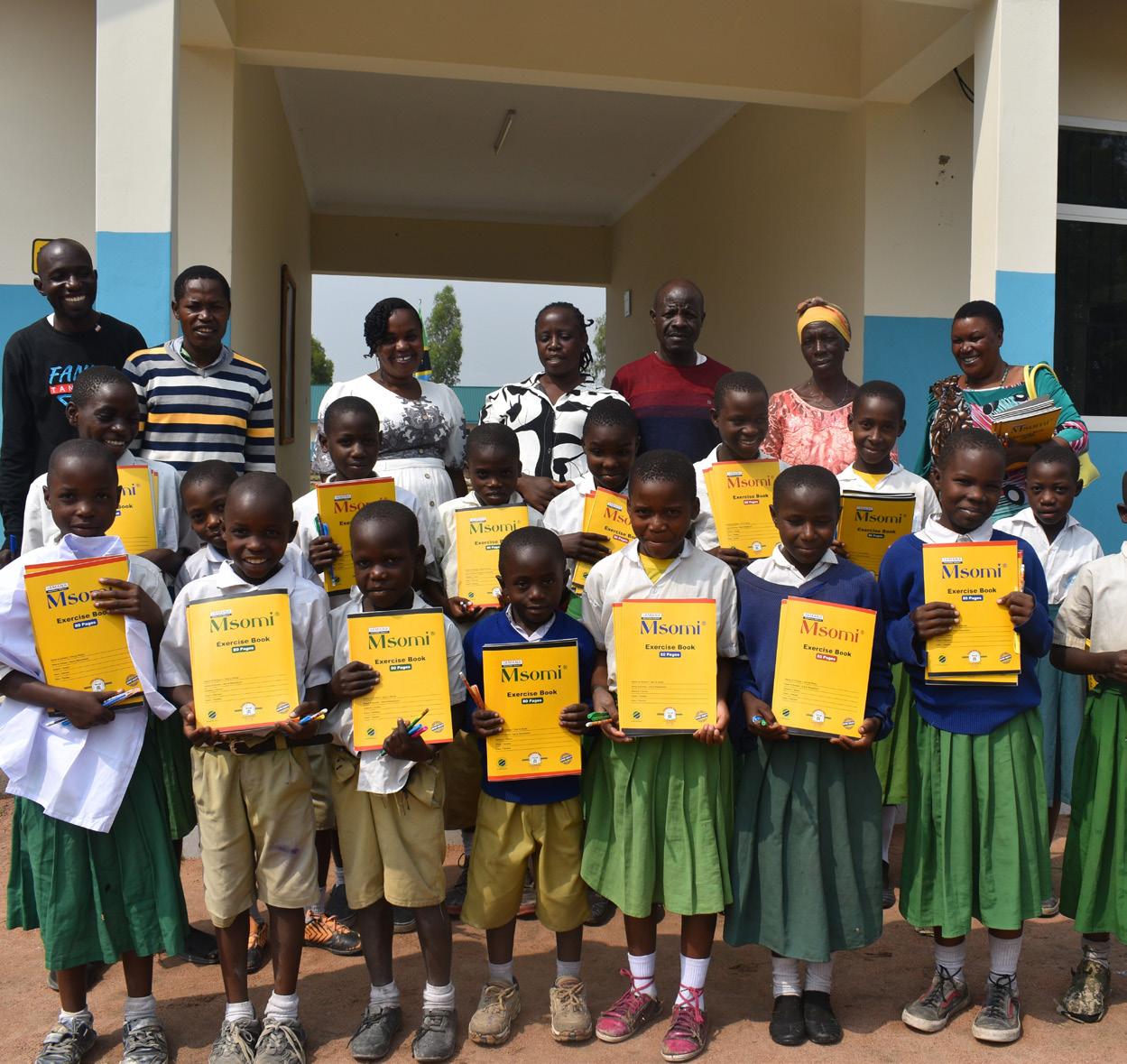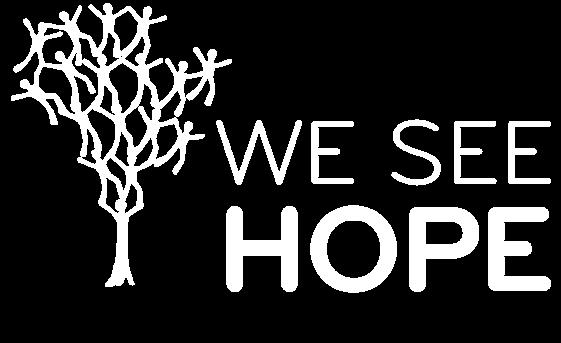NEWSLETTER SPRING 2024
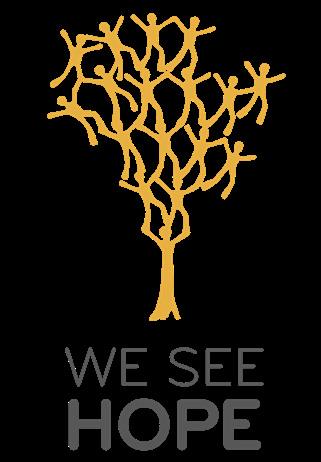
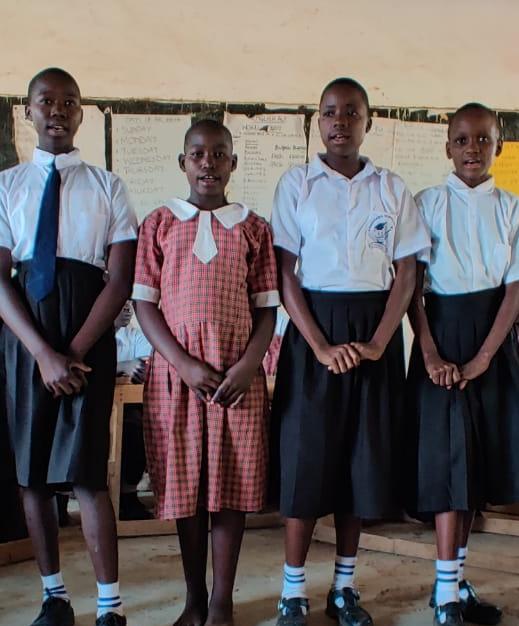



Welcome to your Spring Newsletter!
Every few months, I visit each of our three partners in Kenya to check in with their teams, monitor their progress and offer them support and guidance.
This takes me right into the heart of some of our major cities and out across the country into rural areas bordering Uganda and Tanzania. In March, I traveled to Busia in the west and Loitokitok in the south to meet with our long-term partner, ANPPCAN Kenya, and their two teams who work in each region.
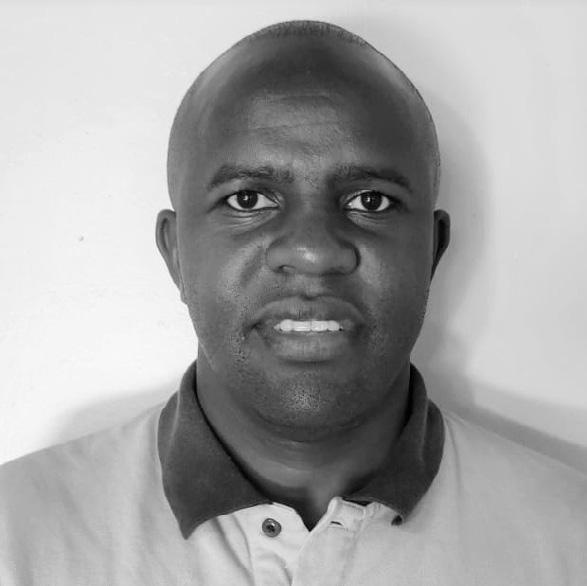
Together with ANPPCAN, we run both our Child Rights Program and Village Investors Program (VIP) in communities where our needs assessments show that children are particularly vulnerable to complex issues such as early marriage, teenage pregnancy or child labour.
Our aim is to provide vital protection for at-risk children whilst also supporting communities to lift themselves out of poverty, which is so often the underlying cause of the challenges children face. For example, through our Child Rights Program, we are building structures and training volunteers to identify when a child is vulnerable or atrisk and ensuring that they can access the support they need.
Through the VIP, we teach parents and guardians financial and business skills and train them to pool their savings to form a community banking group, called a VIP group. As part of a VIP group, members can access loans to launch their own exciting business and develop a sustainable livelihood.
Side-by-side, these two child rights and economic empowerment initiatives have a holistic and transformative impact on a community and the children living there.
During my trip, I spoke to several parents and guardians training with the VIP who told me they not only have more money to spend on their children’s health, education and wellbeing, but their steady income now means they also have more time to spend at home caring for and supporting their children.
Through the structures of both programs, communities become safer places for children to live healthy, happy and safe lives that are full of opportunities for their future.
Pictured overleaf are some of the incredible individuals and groups training with both programs across Kenya. Thank you all for your continued support of our work!
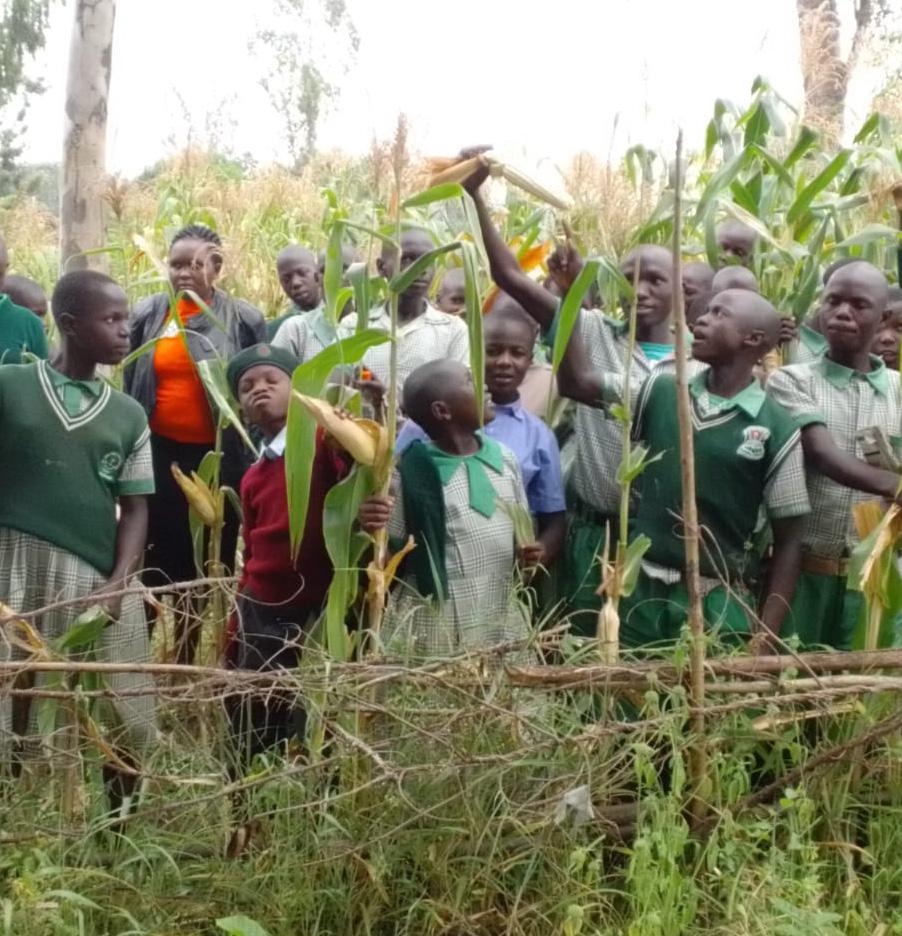
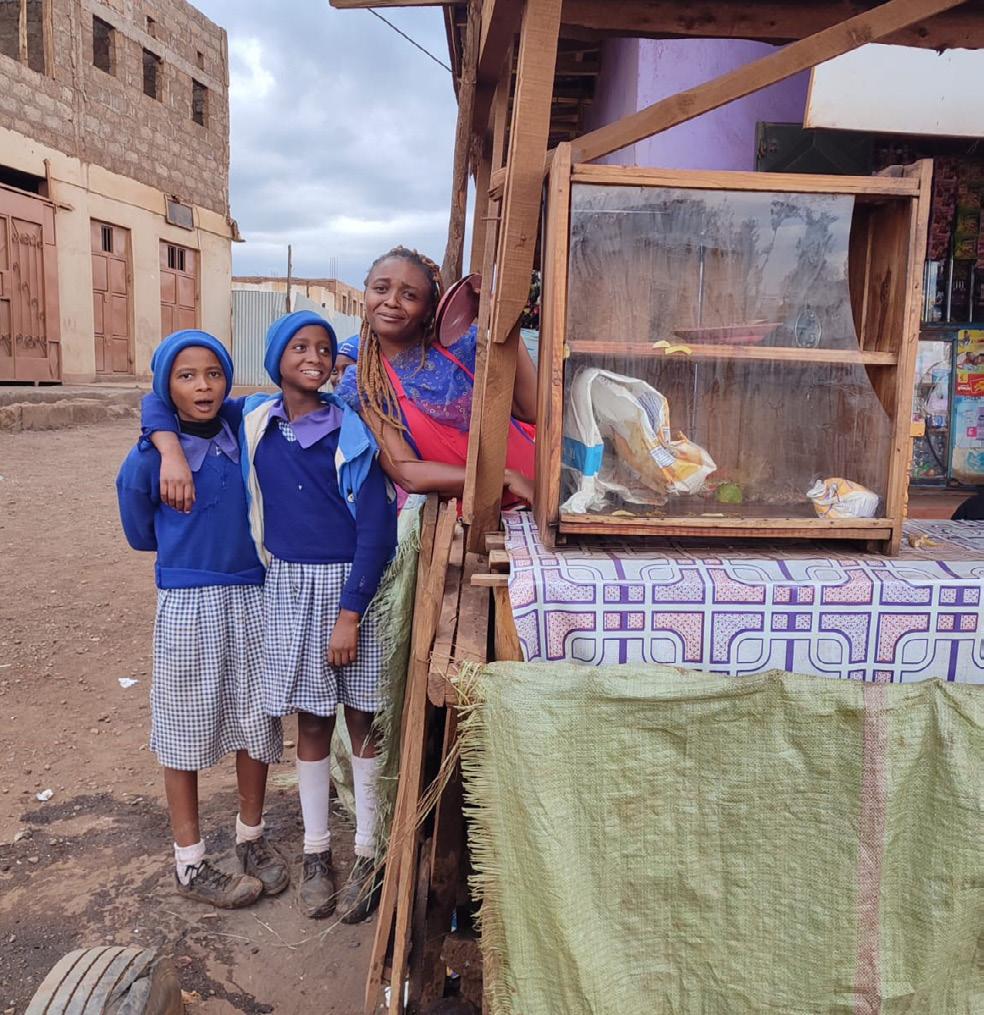
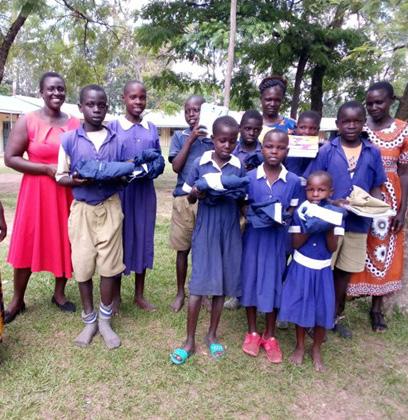

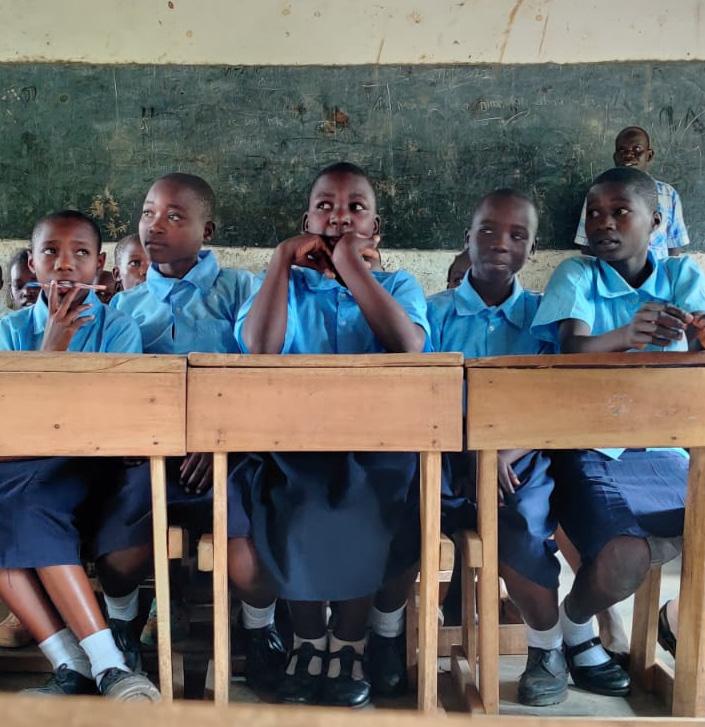
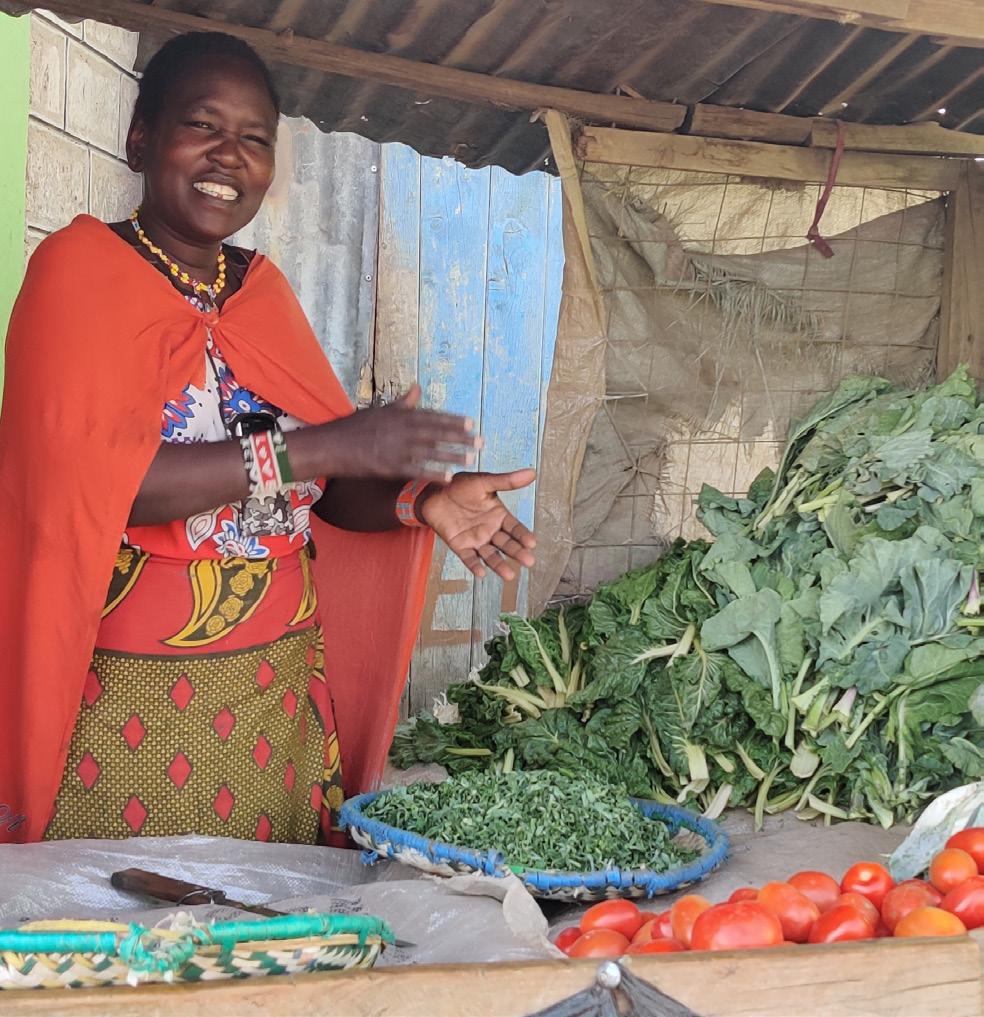
Here’s a snapshot of some of the incredible work you have made possible over the past few months.
Tanzania has an extremely high adolescent birth rate: around one in four girls will have given birth or fallen pregnant before their 18th birthday. A direct consequence is a high proportion of girls dropping out of school due to a lack of support.
In a recent update from Fanisi, our partner in Mwanza, they reported that there has been a significant decline in the number of girls dropping out of schools in which we are running our Child Rights Program. This is due to both a drop in the number of girls falling pregnant and an increase in support for girls who have given birth.
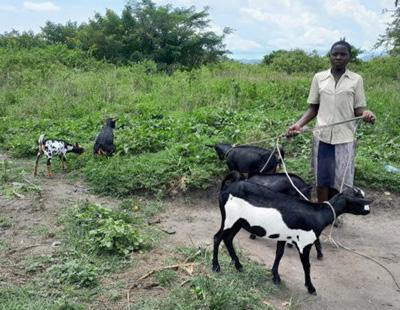

Children living without the support of a parent or guardian are extremely vulnerable and at a severe risk of neglect and abuse. Through our Child Headed Households Program, we work with them to develop a livelihood with the support of a trained guardian.
A key step is training them how to nurture their own livestock. Esther is the head of one of 20 households to have recently completed their first year of training with our partner RIDE in the Ntoroko District. In that time, she was given two goats, two more were born, and she has been able to buy a fifth. Not only has she improved her food security, Esther now has a safety net as she can sell one of her animals during difficult times.
Our Village Investors Program trains parents and guardians to work together to start their own community banking group. Pooling their savings together, the groups build their own capital giving them access to loans they can use to start and grow small businesses.
Meeting each week, every member of a group has their own designated role. From money counters to record keepers, each role serves an important purpose. Pictured here is a recent training session for the chairpeople, those in charge of overseeing the weekly meetings of 12 newly formed groups in central Malawi delivered by our partner MPC Nkhoma.
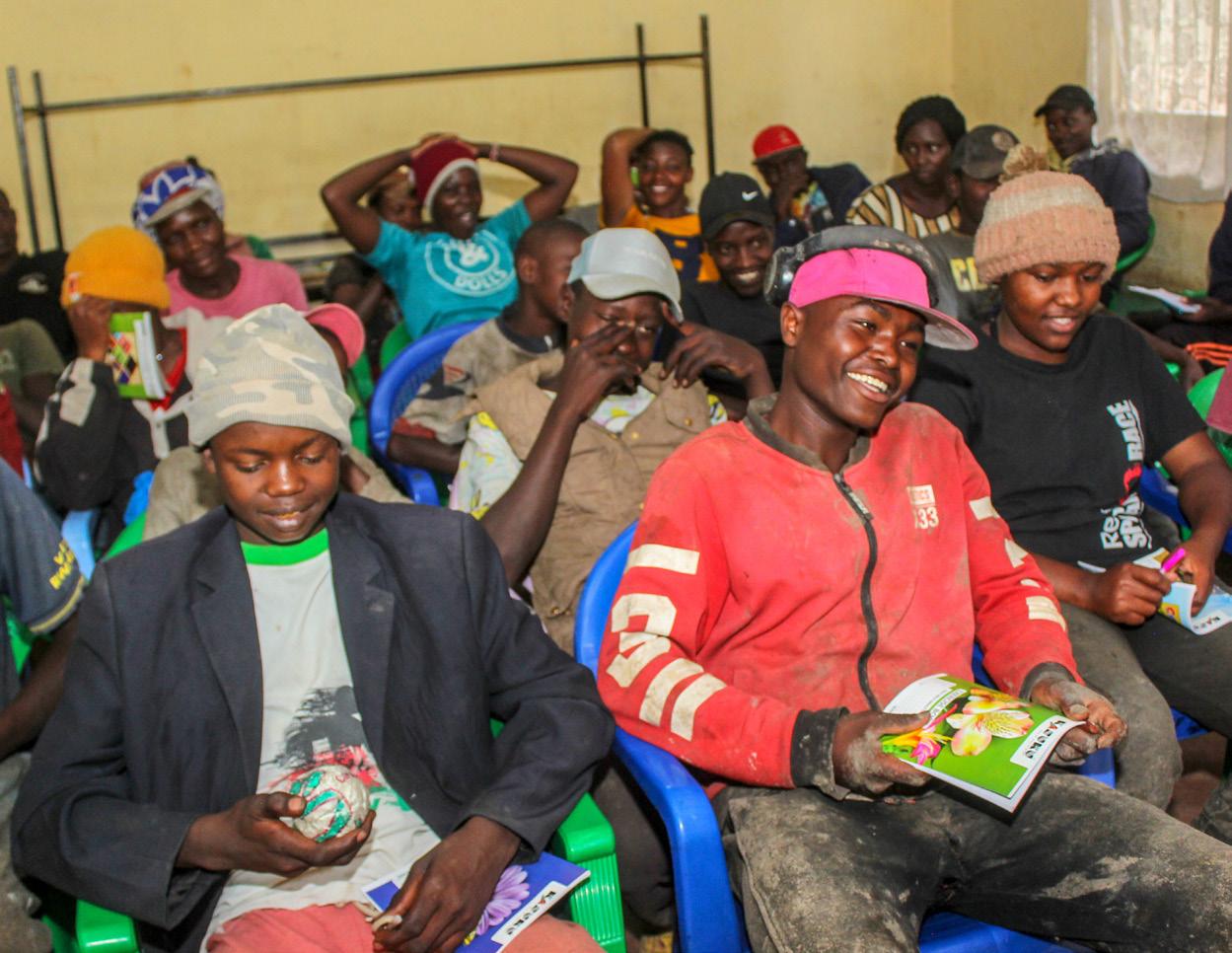
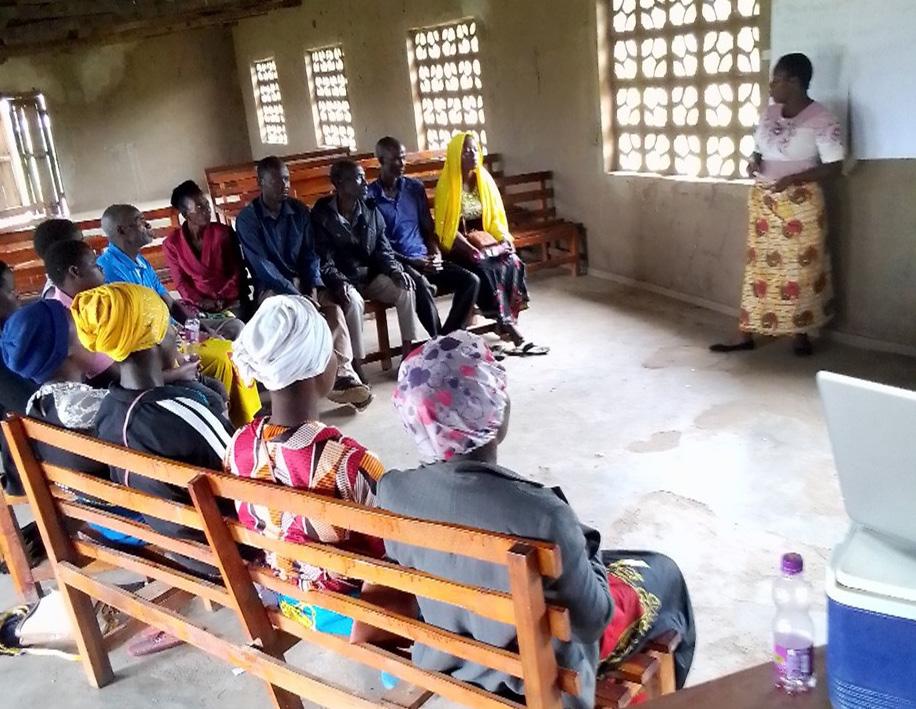
Young people living on the streets endure a constant risk of exploitation and abuse. Our Street Work Program provides crucial interventions to reduce their isolation and open up mentorship, life skills and employment opportunities. For 16-25 year olds, we work with groups of 15-20 to form a peer support and economic empowerment group known as a Street Association.
In January, two new associations took part in training workshops organized by Undugu, our partner in Nairobi. These sessions are the first step in bringing the young people together. With time, they advance to tackle issues ranging from addiction and anger management to income generation and business opportunities.
Children living in poverty face a greater risk of neglect and abuse and are more likely to miss out on their fundamental rights. In rural and isolated areas, practices such as child labour and early marriage may be common, which put children in extremely vulnerable situations. With weak infrastructure and limited safety nets, those who are at-risk often cannot access the support and care that they need.
Through our Child Rights Program, we are changing things. Driven by our needs assessments, we are working across Kenya, Tanzania and Uganda with seven of our partners in communities where there is a higher

Child Rights Clubs in primary schools and communities for up to 30 children, who use dance and song to teach other children about their rights and responsibilities.
incidence of reported cases of abuse as well as ongoing issues such as teenage pregnancy and increased school dropout rates.
Through the program, we ensure that vulnerable children have a structure of peers, teachers and safeguarding bodies who stand up for their rights, report cases of abuse and ensure that those who infringe childrens’ rights are brought to justice. With time, communities become safer places for children to grow up in. This involves:

Child Help Desks, which are safe, child-friendly spaces where children can report cases of abuse to teachers and volunteers who have been trained in how to address them.
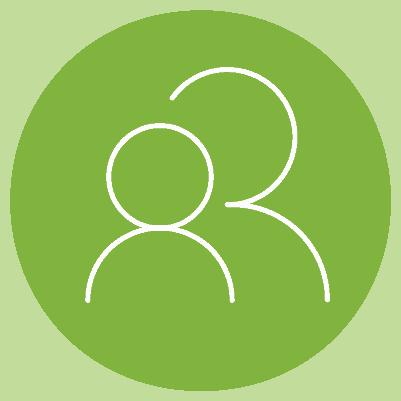
FORMING
Child Rights Community Committees made up of leaders, local police, parents and guardians who ensure children’s rights are upheld and that those who infringe them are brought to justice.
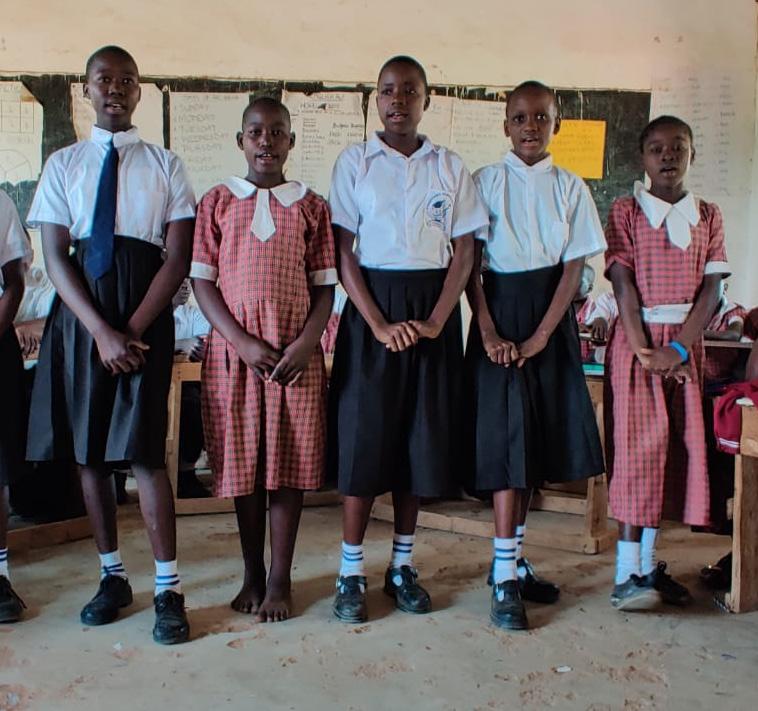
With over 2,400 Child Rights Club members in primary schools across Kenya Tazania and Uganda, these children are champions for the rights of others. Organizing and delivering


outreach activities throughout their community, the members make sure vulnerable children have a network who stand up for and protect their rights. The members of the clubs:

Members of Child Rights Clubs also start their own Income Generating Activity (IGA) to raise vital funds for the club. Often this involves setting up a


food garden or rearing poultry, giving them assets they can sell in order to support vulnerable children in their community, such as paying for:


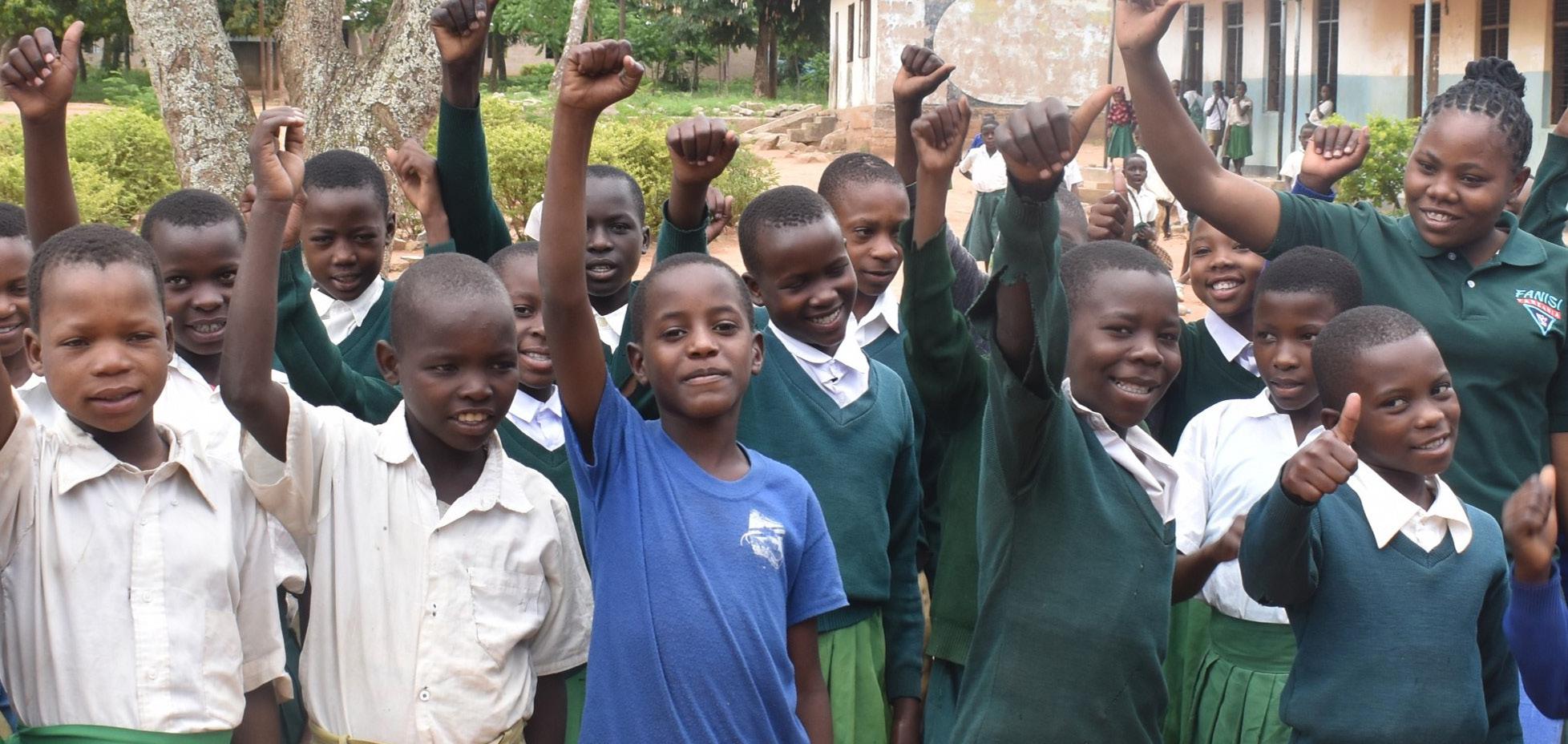
31% of children do not complete their primary education in Tanzania.
This figure rises to around 57% of young people either not enrolling or dropping out of secondary school and links to 25% of children aged 5-17 engaging in child labour (The World Bank).
Whilst primary school is free in Tanzania, there are informal fees to pay for “compulsory” items such as uniforms, books, pens and exam fees, creating significant barriers to education for children living in extreme poverty.
In Sengerema, a rural district along the shores of Lake Victoria, we have been working with local NGO Fanisi Tanzania for the past two years, collectively running our Child Rights Program and more recently our Village Investors
Program (VIP). Through this partnership, we are working together to address the underlying causes of child rights’ violations and ensure that children in Sengerema can grow up in a safe and nurturing environment.
Since 2022, we have been running Child Rights Clubs in 10 different schools, one of which is at the Insung’anholo Primary School. Meeting each week, the 30 members of the club are learning about their rights and responsibilities through a variety of interactive activities such as storytelling and games.
Becoming changemakers in their community, they have already made a remarkable impact. In recent months,
the members of the club identified 16 children who had not enroled for the school year in January. Unfortunately, the new school year has meant that the club has not been able to get their food garden up and running and so have not had a source of income to use to get these children back into school.
Recognising this situation, the Child Rights Community Committee approached the Tumain Jema VIP Group - a community banking group training with the VIP - to use money they had
The Tumain Jema VIP Group started training in community banking and business skills in 2023. Made up of 30 parents and guardians, the members of the group are steadily growing their incomes enabling them to provide for 112 of their own children as well as 32 vulnerable children in their community from two separate schools. $30
saved to fund the informal costs that have prevented these children from enroling at school.
Pictured below are several members of the group distributing school materials and uniforms to the 16 children identified by the Child Rights Club. The children are all between the ages of 8 and 12, most of whom have been orphaned and are now living with elderly grandparents. This support has meant that all of them are now back in school full-time.
